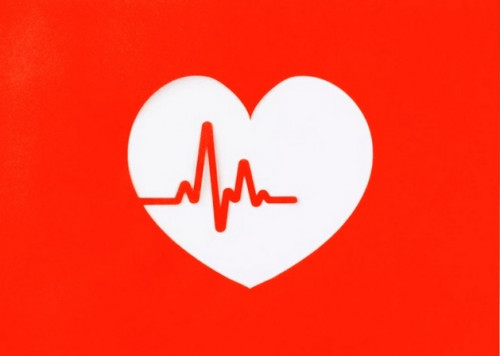Jakarta: Heart disease is one of silent disease which is very dangerous, because the symptoms are often not realized by the sufferer. Disease heart can also be very dangerous if not handled properly.
Anyone can experience heart disease. Be it old, young, male or female. Here are some facts about heart disease:
1. Symptoms of heart disease
Some of the common symptoms of heart disease include:
– Dizzy
– Pale face
– Shortness of breath or shortness of breath
– Faint
– Worry
– Nauseous
– Throw up
– Jaw pain
– Neck pain
– Back pain
– Indigestion or pain such as gas in the chest and stomach
– A cold sweat
2. Risk factors
There are many risk factors for heart disease. Some are controllable, and others are not. According to the Centers for Disease Control and Prevention (CDC) about 47 percent of Americans have at least one risk factor for heart disease. Some of these risk factors include:
– High blood pressure
– High cholesterol and low levels of high-density lipoprotein (HDL) or “good” cholesterol
– Smoking
– Obesity
– Lack of physical activity
– Smoking, for example, is a controllable risk factor. People who smoke are twice as likely to develop heart disease, according to the National Institute of Diabetes and Digestive and Kidney Diseases (NIDDK).
3. Treatment
– Lifestyle changes
Healthy lifestyle choices can help in preventing heart disease. It can also help treat the condition and prevent it from getting worse.
Diet A low-sodium, low-fat diet rich in fruits and vegetables can help lower the risk of heart disease complications. One example is the Dietary Approaches to Stop Hypertension (DASH) diet.
– Drugs
Medication may be needed to treat certain types of heart disease. Doctors can prescribe medications that can cure or control heart disease.
Medications may also be prescribed to slow or stop the risk of complications. The exact medication prescribed depends on the type of heart disease you have.
– Surgery or invasive procedures
In some cases of heart disease, surgery or medical procedures are needed to treat the condition and prevent symptoms from worsening.
(FIR)
– .

